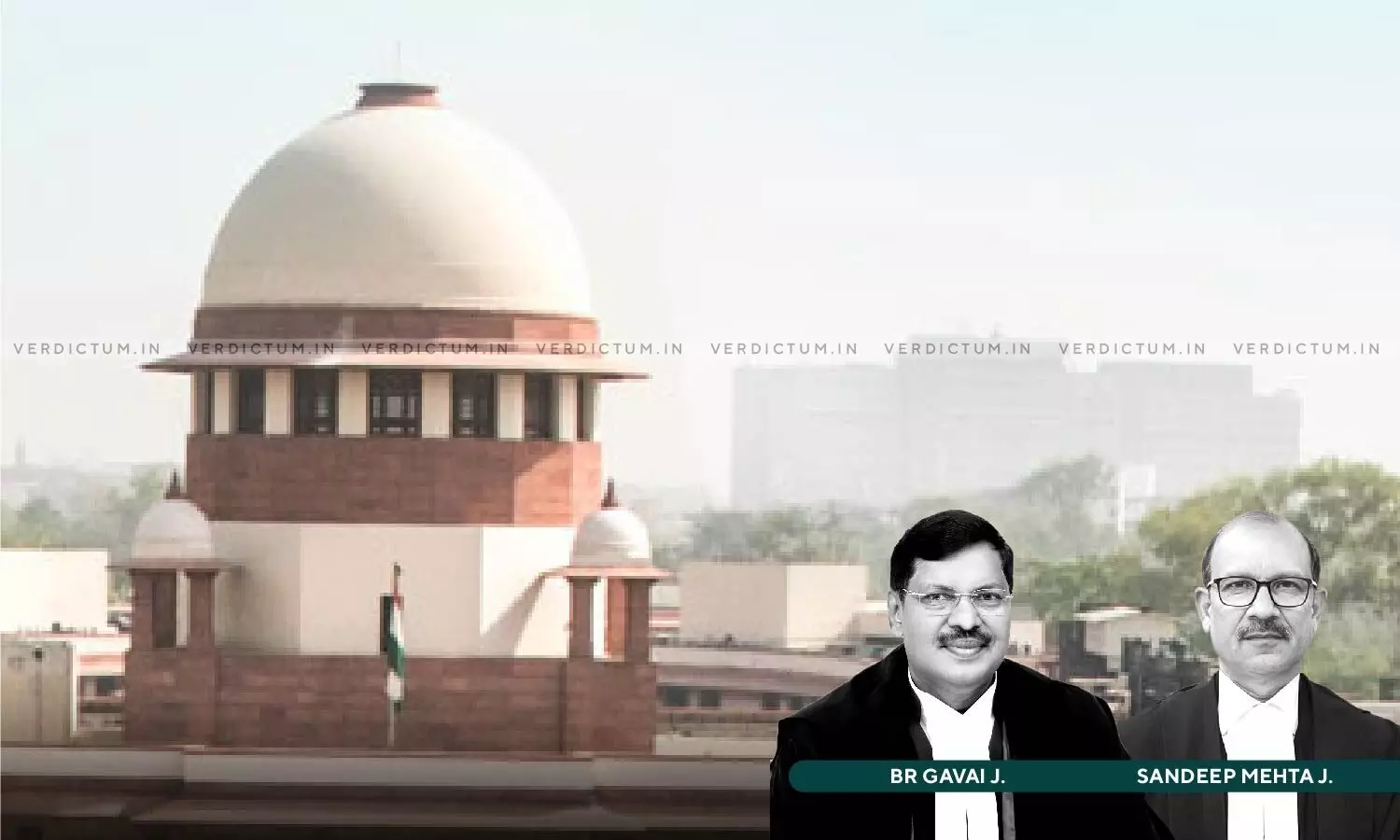
Prosecutrix Kept Silent For A Long Period Of 34 Years: Supreme Court Quashes FIR Against Rape Accused
 |
|Suresh Garodia v. The State of Assam 2024 INSC 39 rape quashing of FIR
The Supreme Court quashed the charges of rape (Section 376 IPC) and criminal intimidation (Section 506 IPC) against an accused observing that the FIR was filed after 34 years.
The Court held that filing an FIR after 34 years on a bald statement that the complainant was a minor at the time of the commission of offence, itself can be a ground to quash criminal proceedings. There was no explanation given in the FIR as to why the complainant kept silent for a long period of 34 years.
The complainant had filed an FIR stating that when she was fifteen years of age, the appellant committed rape on her and as a result of which she gave birth to a child.
Justice B.R. Gavai and Justice Sandeep Mehta observed, “We find that lodging a case after 34 years and that too on the basis of a bald statement that the prosecutrix was a minor at the time of commission of offence, could itself be a ground to quash the proceedings. No explanation whatsoever is given in the FIR as to why the prosecutrix was keeping silent for a long period of 34 years.”
Advocate Ibad Mushtaq represented the appellant, while AOR Diksha Rai appeared for the respondents.
The appellant had filed an appeal challenging the dismissal of his application under Section 482 of the Criminal Procedure Code, 1973, by both the Gauhati High Court and Magistrate.
The Supreme Court explained that the son of the complainant admitted that the appellant was providing cash and other facilities to him as his son. The Court opined that the complainant, in connivance with her son, filed the FIR after a long period of 34 years for the greed of the property. There was also material on record which proved that their relationship was consensual.
The Court disagreed with the findings of the Magistrate and explained that “the learned Magistrate, while exercising his powers under Section 190 Cr.P.C., is not bound to accept the final report of the I.O. However, if the learned Magistrate disagrees with the finding of the I.O., the least that is expected of him is to give reasons as to why he disagrees with such a report and as to why he finds it necessary to take cognizance despite the negative report submitted by the I.O.”
The Court concluded, “We find that the finding of the I.O. that the case was filed only for the greed for the property of the appellant herein cannot be said to be erroneous. We find that the continuation of the proceedings would lead to nothing else but an abuse of process of law.”
The Court quashed the orders of both the High Court and the Magistrate.
Accordingly, the Supreme Court allowed the appeal.
Cause Title: Suresh Garodia v. The State of Assam & Anr. (2024 INSC 39)
Appearance:
Appellant: AOR Fuzail Ahmad Ayyubi and Advocate Ibad Mushtaq
Respondents: AORs Diksha Rai and S. Janani, Advocates Ragini Pandey and Nishant Kumar